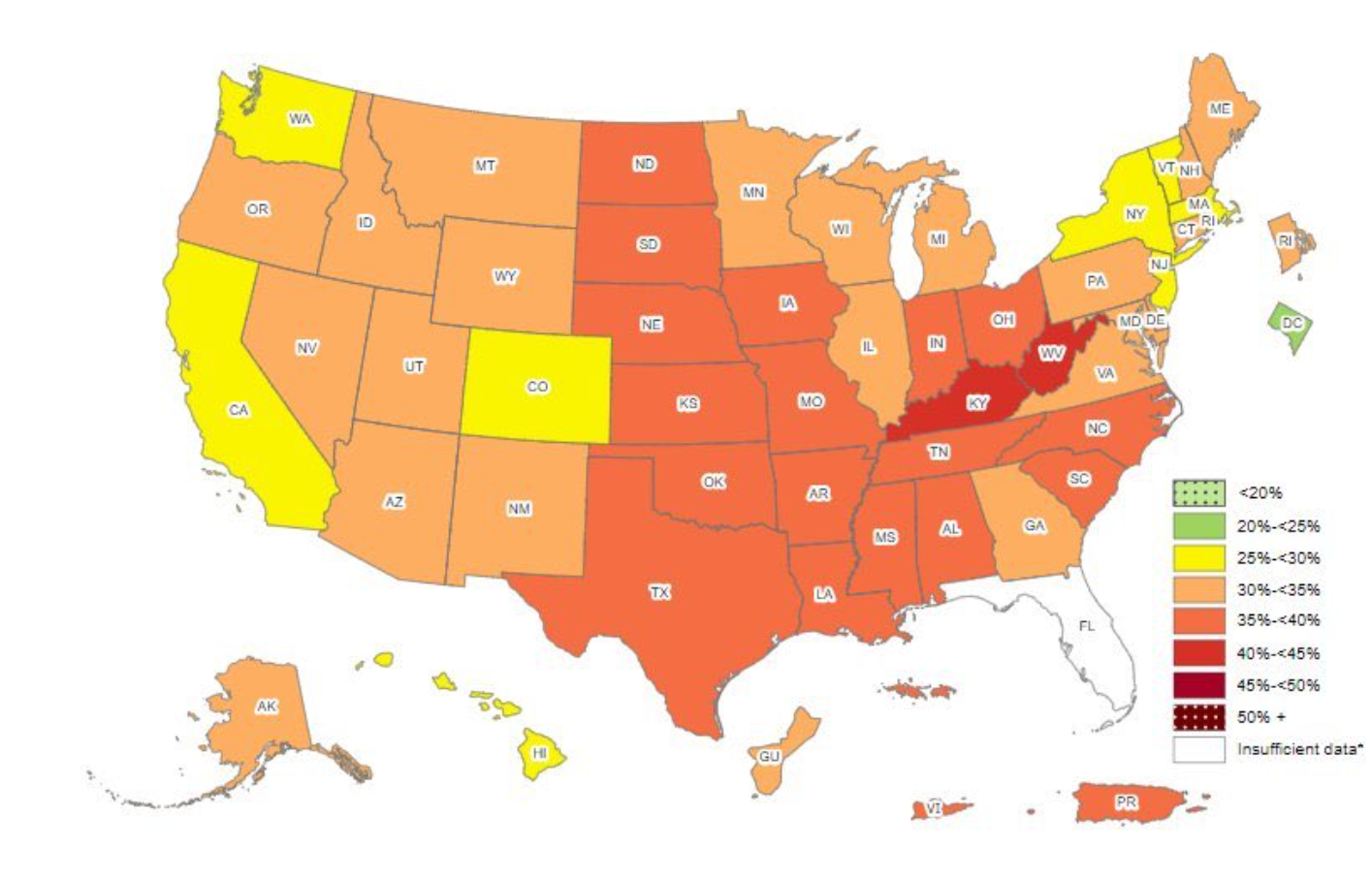A closer look at life expectancy in the US
-
@Jolly said in A closer look at life expectancy in the US:
Black & fat.
Blacks in NYC have high rates of obesity too.
But the median BMI of whites in coastal blue cities compared to where you live? Probably several standard deviations of difference.
And then fentanyl….
-
https://www.usatoday.com/story/news/health/2023/06/02/us-life-expectancy/70272442007/
The study, published Thursday in the American Journal of Public Health, also shows more than 50 countries have surpassed the U.S. in life expectancy since the 1930s and a handful of states may be partly responsible.
“The scale of the problem is bigger than we ever thought . . . older than we thought (and) the number of countries outperforming the United States is much larger than we thought,” said study author Dr. Steven Woolf, director emeritus of the Center on Society and health at Virginia Commonwealth University in Richmond.
The article lasso links to https://www.usatoday.com/story/news/health/2022/10/26/working-age-american-mortality-rate-state-policies/10594782002/ which references https://journals.plos.org/plosone/article?id=10.1371/journal.pone.0275466 , the headline being “More Americans die younger in states with conservative policies, study finds.”
The conclusion of that research paper:
The large and growing mortality disadvantage of working-age U.S. adults may partly reflect changes in state policy contexts that have occurred in recent decades. Policies that promote gun safety, environmental protections, labor (e.g., minimum wage, paid leave), progressive taxation, and tobacco control are among the potentially important policy opportunities to address increasing working-age mortality at the macrostructural level. The health gains from such policies offer potential collateral benefits to families, the economy, workers, and the health care system. …
-
We've been conditioned to think of longer as better, rather than looking at quality of life. I've seen very few people in late 80's or longer with very good quality of life.
On the other hand, these comorbidities also do not make for great quality.
It's a mixed bag.
-
We've been conditioned to think of longer as better, rather than looking at quality of life. I've seen very few people in late 80's or longer with very good quality of life.
On the other hand, these comorbidities also do not make for great quality.
It's a mixed bag.
@Mik said in A closer look at life expectancy in the US:
We've been conditioned to think of longer as better, rather than looking at quality of life. I've seen very few people in late 80's or longer with very good quality of life.
On the other hand, these comorbidities also do not make for great quality.
It's a mixed bag.
I suspect that the last 3-5 years of life probably aren't that great for most people, irrespective of absolute age.
It's a decent argument for allowing assisted suicide.
-
We've been conditioned to think of longer as better, rather than looking at quality of life. I've seen very few people in late 80's or longer with very good quality of life.
On the other hand, these comorbidities also do not make for great quality.
It's a mixed bag.
@Mik said in A closer look at life expectancy in the US:
We've been conditioned to think of longer as better, rather than looking at quality of life. I've seen very few people in late 80's or longer with very good quality of life.
On the other hand, these comorbidities also do not make for great quality.
It's a mixed bag.
Yeah, but generally the people in their late 80s had a much higher quality of life in their 70’s… Healthier, more active… Travel….
-
Life expectancy has dropped some more, for men in the USA:
https://www.statnews.com/2023/11/13/life-expectancy-men-women/
https://jamanetwork.com/journals/jamainternalmedicine/fullarticle/2811338
... life expectancy at birth in the US decreased for the second consecutive year, from 78.8 years (2019) to 77.0 years (2020) and 76.1 years (2021), the gap between women and men widened to 5.8 years, its largest since 1996 and an increase from a low of 4.8 years in 2010.1,2 For more than a century, US women have outlived US men, attributable to lower cardiovascular and lung cancer death rates related largely to differences in smoking behavior. ...
